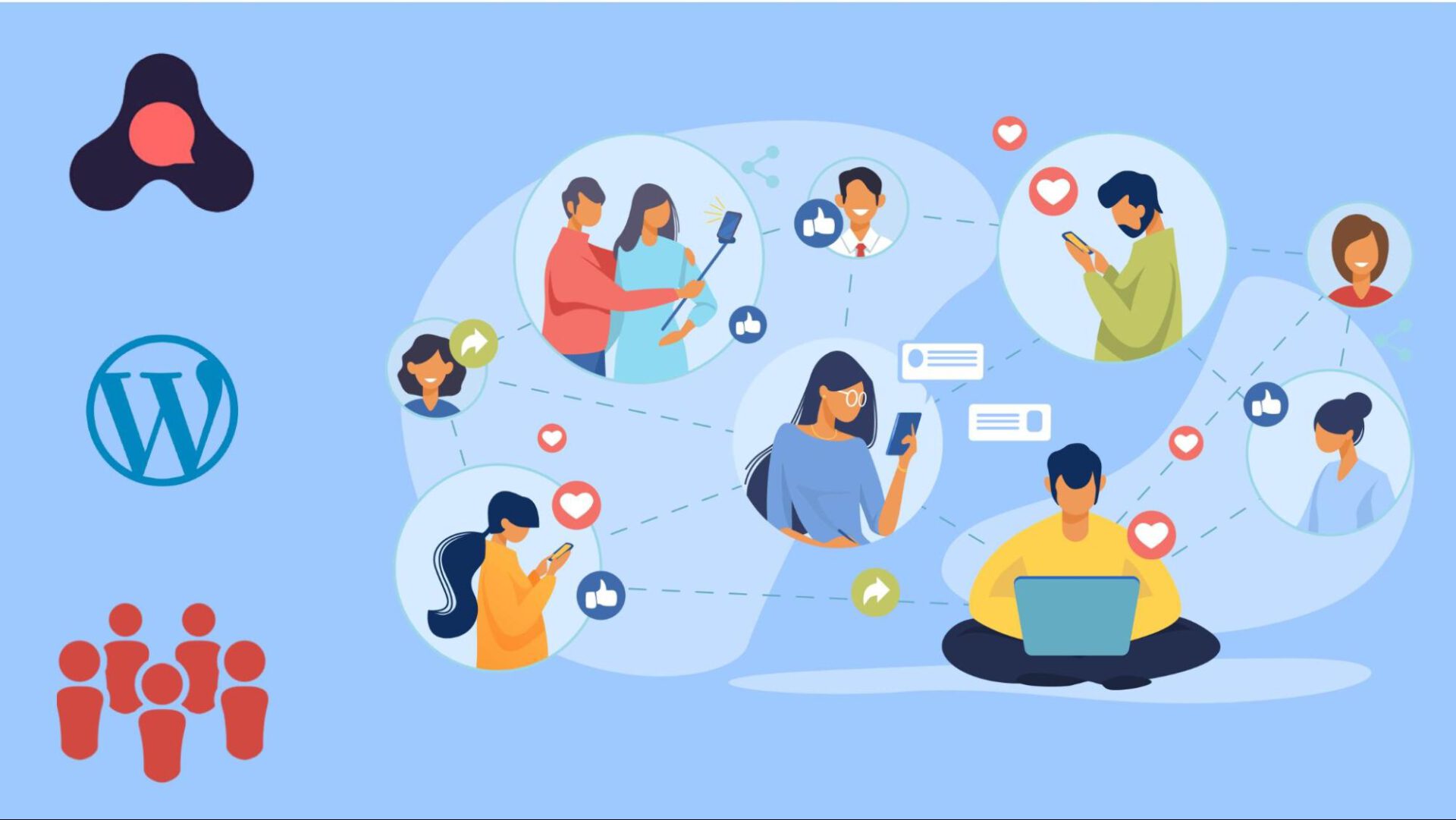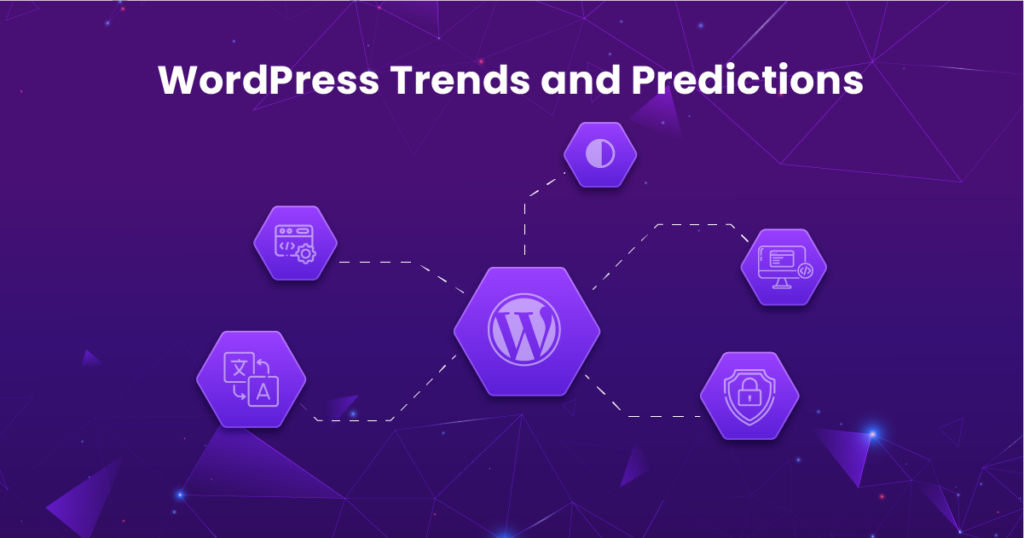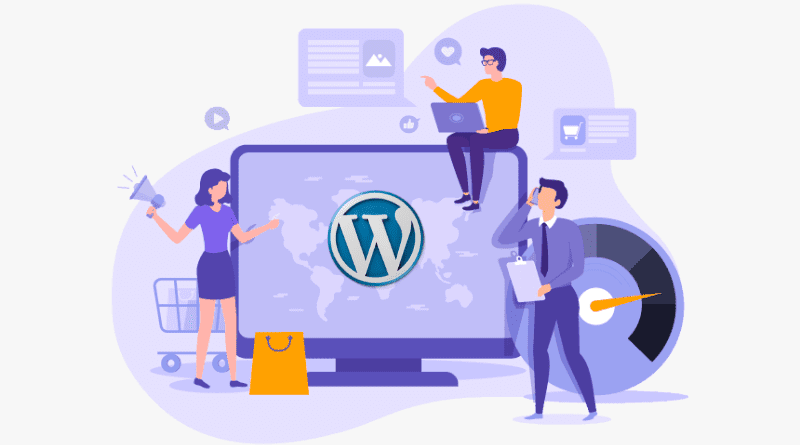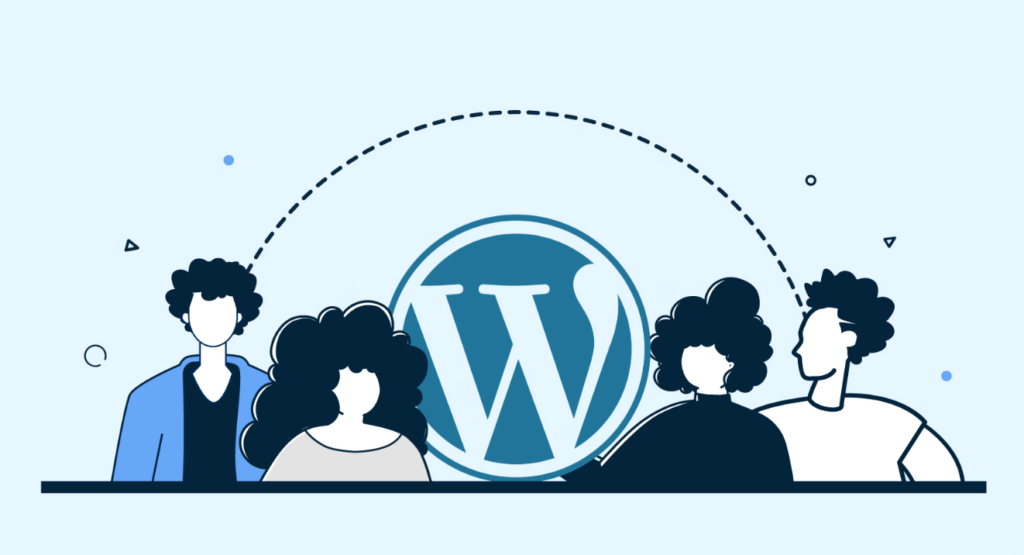Networking Tips for WordPress Developers

Networking is a crucial aspect of professional development for WordPress developers. Building meaningful connections within the industry not only opens doors to opportunities but also contributes to a thriving and supportive community. In this article, we’ll explore essential networking tips tailored for WordPress developers.
1. Attend WordPress Events
WordCamps and Meetups
WordCamps and local WordPress meetups are invaluable opportunities for networking. Attendees range from beginners to seasoned developers and industry experts. Engage in conversations, participate in discussions, and take advantage of networking breaks to connect with fellow developers. WordCamps often include contributor days where you can collaborate on WordPress projects and make meaningful contributions to the community.
2. Leverage Online Platforms
WordPress.org Forums and Stack Exchange
Engage in discussions on platforms like the WordPress.org Support Forums and WordPress Stack Exchange. Share your knowledge, ask questions, and participate in troubleshooting. Not only does this establish you as a helpful member of the community, but it also allows you to connect with other developers facing similar challenges.
Social Media Groups and Forums
Join WordPress-related groups on social media platforms like Twitter, Facebook, or LinkedIn. Actively participate in discussions, share your insights, and connect with professionals in the field. Platforms like Reddit also host WordPress-related subreddits where developers share experiences and seek advice.
3. Contribute to Open Source Projects
Active participation in open-source projects is a fantastic way to network with other developers and showcase your skills. Whether it’s contributing to the WordPress core, themes, or plugins, collaborative projects foster connections and provide a platform to learn from experienced developers.
4. Showcase Your Work
Maintain an online portfolio showcasing your WordPress projects, plugins, or themes. This serves as a visual representation of your skills and achievements. Share the link to your portfolio on social media, forums, and during networking events to make it easier for others to discover and appreciate your work.
5. Engage in Continued Learning
Stay updated on the latest trends, technologies, and best practices in WordPress development. Attend webinars, online courses, and workshops. Not only does this enhance your skills, but it also opens up opportunities to connect with instructors and fellow learners.
6. Collaborate on GitHub
GitHub is a hub for collaborative coding, and many WordPress projects are hosted there. Contribute to WordPress repositories or collaborate on projects with other developers. This not only helps you improve your coding skills but also establishes connections with professionals in the open source community.
7. Be Genuine and Approachable
Approach networking with authenticity. Be genuine in your interactions, whether online or in person. Be open to sharing your experiences, challenges, and successes. Approach conversations with a willingness to learn and contribute, creating a positive impression within the community.
8. Attend Webinars and Virtual Events
Participate in virtual events and webinars hosted by WordPress organizations, companies, or influencers. These events often include networking opportunities through chat sessions or breakout rooms. Take advantage of these features to connect with speakers and other attendees.
Conclusion: Building a Stronger WordPress Network
Networking is more than just exchanging business cards or connecting on social media; it’s about building meaningful relationships within the WordPress community. By attending events, engaging in online forums, contributing to open-source projects, and showcasing your work, you can establish a robust network of professionals who share your passion for WordPress development. Approach networking with curiosity, enthusiasm, and a willingness to contribute, and you’ll find that your network becomes an essential asset in your WordPress development journey.



